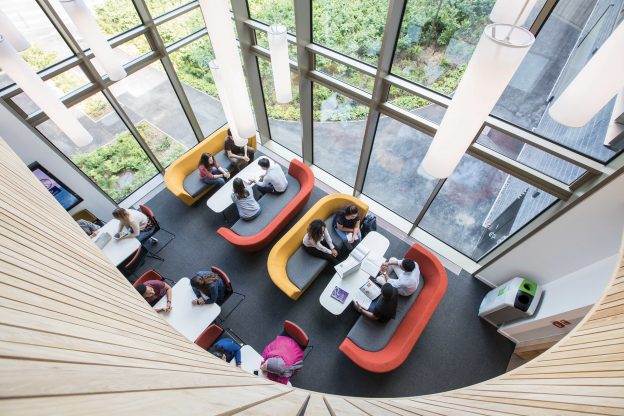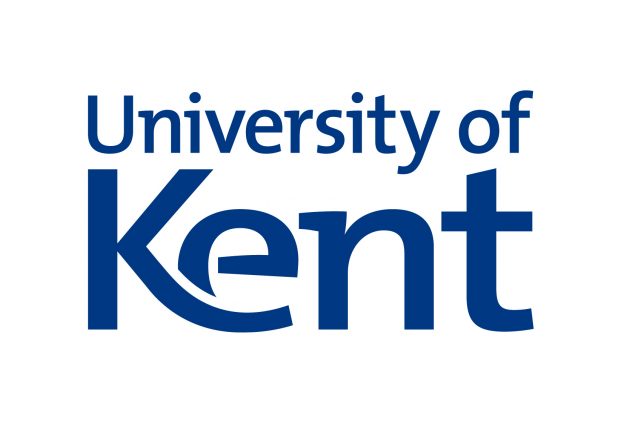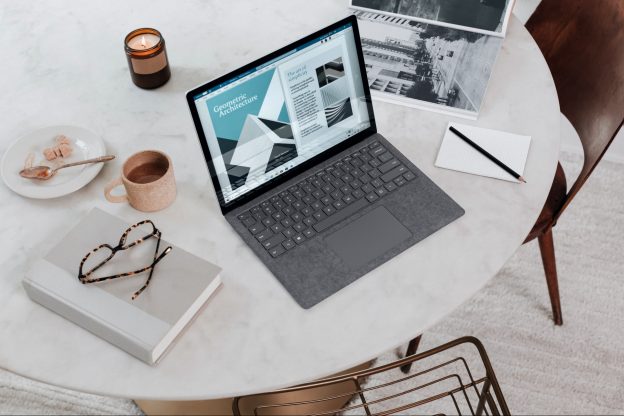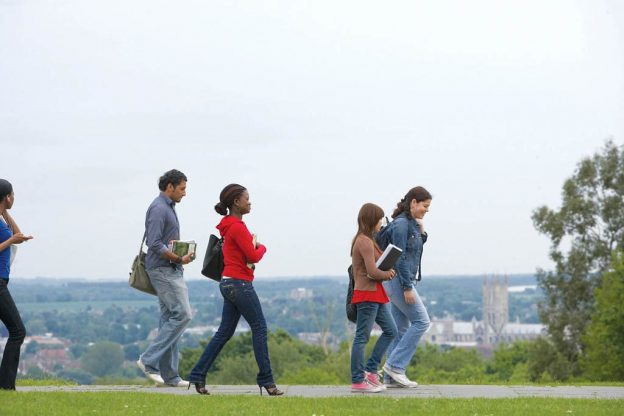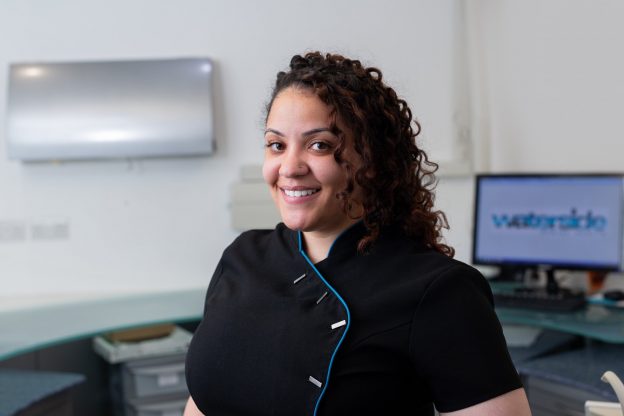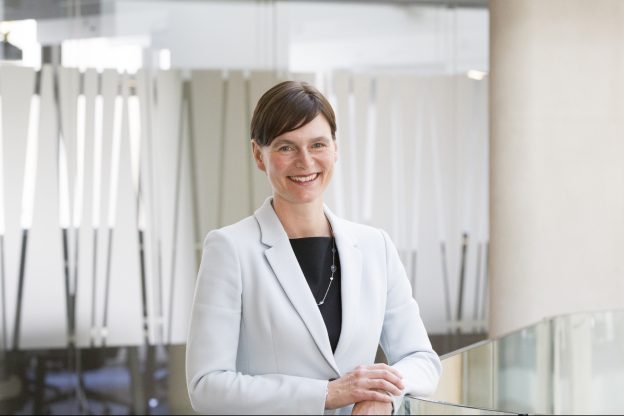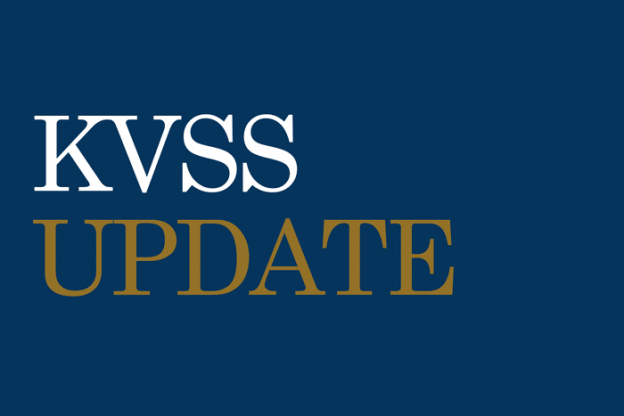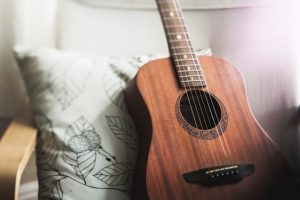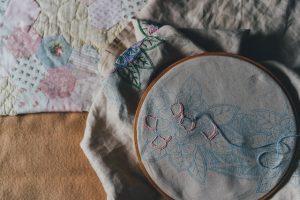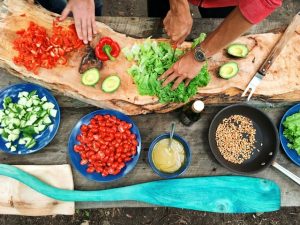After doing my undergraduate degree in History at Kent, I went straight into an MA beginning in September 2015. I would love to say I had a burning ambition to go further into academia, but I wasn’t sure of anything. In fact, I chose to do an MA mostly because of that – having no clue what came next!
I had no real idea of my dream job, I felt I wasn’t done yet and I panicked quite a bit. A year of further study seemed like the solution. Modules were running that seemed better tailored to my interests than my undergraduate ones. I could keep learning and it served as a procrastination to entering the real world. My family joked I wanted to be a student forever, and it actually came true.
I’m not ashamed of those being my reasons for carrying on to PhD study. It brought me to my PhD which I’m almost finished with and it’s given me a dream.
There were many reasons why I chose to stay at Kent for my MA. Canterbury was a city that felt like home and I wanted to stay living here. In terms of the staff, I had developed good relationships with them and received a great quality of teaching and dissertation supervision. I had an idea of my research interests, but I wanted to find out more – I didn’t quite feel like a historian yet.
If I had to give advice to a UG student considering PG life, I’d say go for it! I justified it to myself as most people have a degree these days; a PG one is a way to stand out. But when you’re doing your Masters, make sure you get involved in PG specific events and things that are going on in your school. Know what career you’d like to get to at the end, and consider employability and work experience to enhance your CV with that goal in mind. You’re only here for a year for a Masters, so it all seems like a lot, but know your limits and ensure self-care is on your radar. And most of all, enjoy it.
–Ellis Spicer, Research Postgraduate, School of History
